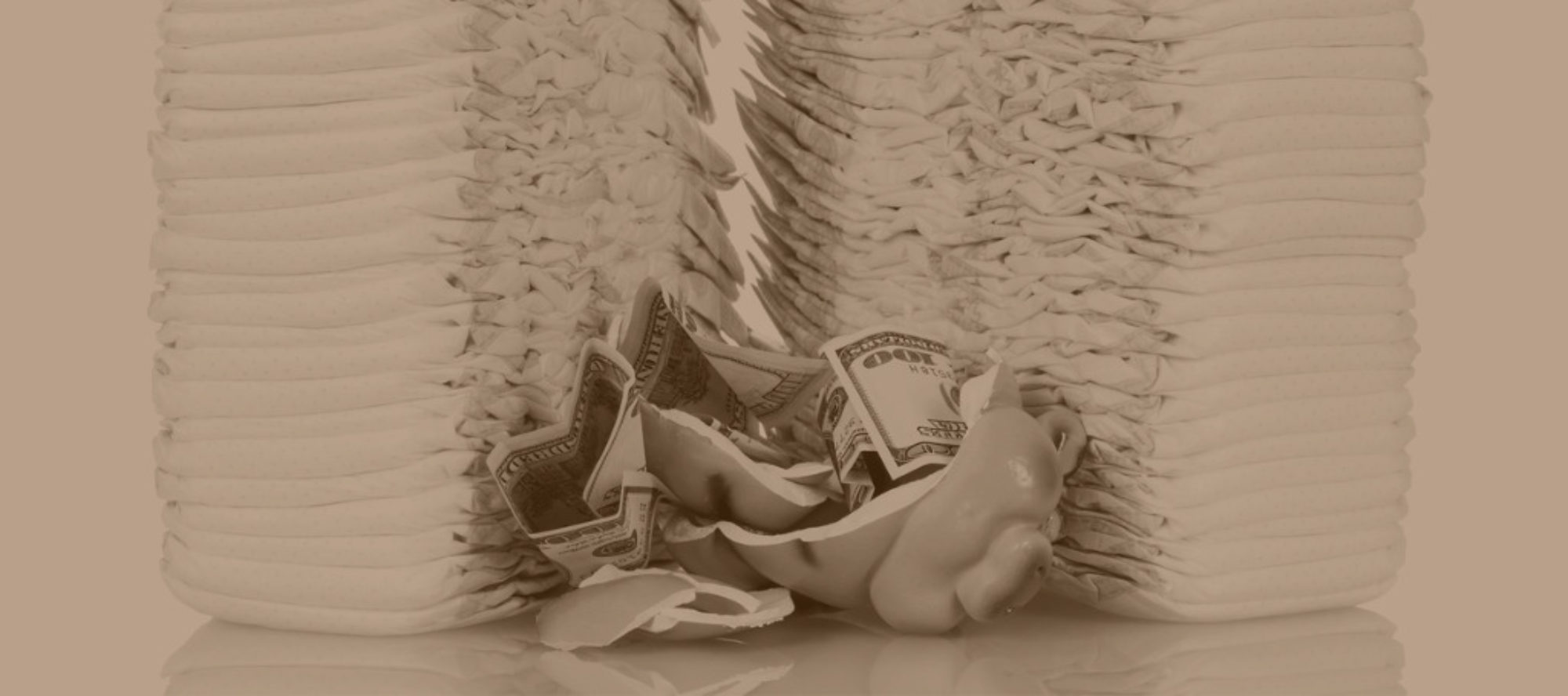WORKSHOP: HOW PELVIC HEALTH PROFESSIONALS CAN HELP SUPPORT PEOPLE LIVING WITH OR AT RISK OF INCONTINENCE IN HUMANITARIAN EMERGENCIES?
When: 11 March, 8pm-9.30pm (UK time)
Where: Zoom (link sent to the enrolled participants on the date of the webinar)
Enrolment: by 10 March, through this link https://forms.office.com/e/tSyL1v1K1k
Further information: Tiina Vaittinen, Tampere University, tiina.vaittinen AT tuni.fi
Humanitarian organisations are increasingly developing their practices of aid to better meet the needs of people who live with incontinence. For instance, in 2022 the Norwegian Church Aid published a vast report Mapping of Support for People Living with Incontinence in Humanitarian Contexts, and presently Oxfam, together with its partner organisations HelpAge International and Malawi Network of Older People’s Organisations (MANEPO), is conducting a multi-country study Improving the Lives of Older People with Incontinence.
It has come to our attention that this work would greatly benefit from the expertise of pelvic health professionals, particularly in relation to practices of preventing and mitigating incontinence in low-resource settings.
To crowdsource knowledge for the utilisation of the humanitarian field, Pelvic Roar is organising an online workshop on 11 March, 8pm (UK time). The workshop is co-organised by Myra Robson from Pelvic Roar, Tiina Vaittinen from the Pad Project at Tampere University, and Michelle Farrington from Oxfam.
WORKSHOP AIMS
The aim of the workshop is two-fold: First, to provide pelvic health professionals with knowledge on the present practices of aid for persons with incontinence and how to get involved and, secondly, to jointly map the possibilities of pelvic floor physiotherapy in these contexts. Detailed programme below.
COLLECTION OF DATA DURING THE WORKSHOP
The workshop participants will contribute to the cocreation of expertise, which requires some data collection practices. We will not record the workshop, but during the small group discussions, we use Flinga (a digital white board) where the participants will type (anonymous) notes on the ideas that arise in the discussion. In addition, after the workshop individual participants will have a possibility to submit in further ideas through a Microsoft Forms link, if they wish to do so.
STORAGE, PROCESSING AND ARCHIVING OF THE WORKSHOP DATA
All data is collected anonymously and stored behind passwords in Tampere University, where it is initially processed by Tiina Vaittinen. The data will be processed as little as possible, and it mainly means moving text from Excel files into a more presentable format, after which it will be posted on the Pelvic Roar homesite, for anyone to utilise. After this, the original files will be removed from the Tampere University server, where the data is initially stored.
ANONYMITY
The anonymity of the workshop participants will be secured in the processing of the data and publication of the workshop results. However, given that the workshop collects knowledge from experts of their own fields, it is possible for the participants to have their names acknowledged as co-creators of the knowledge, upon publication of the workshop results. We will ask about this in the enrolment form and will contact all participants once the results are posted on Pelvic Roar homesite.
WORKSHOP PROGRAMME
8.00 pm Welcome and short introduction to the programme, Tiina Vaittinen, Tampere University
8.05-8.20 Challenges of continence care in humanitarian emergencies and why we need more knowledge from pelvic health professionals, Michelle Farrington, Oxfam
8.20-8.30 Introduction to the workshop methods used in small groups, Tiina Vaittinen, Tampere University
8.30-9.00 In small groups: Mapping the potential of pelvic health professionals to help different patient groups to maintain continence health in humanitarian emergencies (Facilitated by Tiina and other volunteers from Tampere University)
9.00-9.20 Joint reflection of the small group discussions
9.20-9.30 Thank you and tips on how to get involved in humanitarian work
















